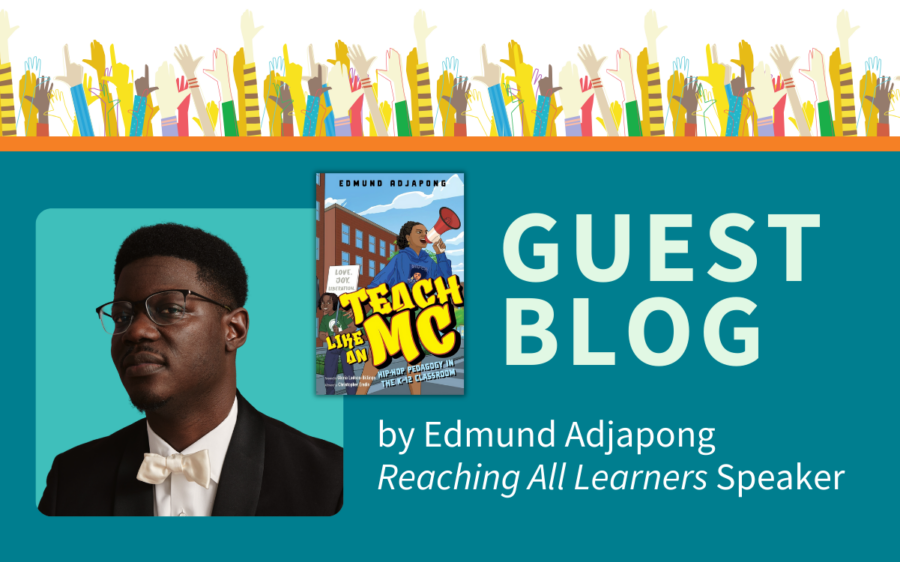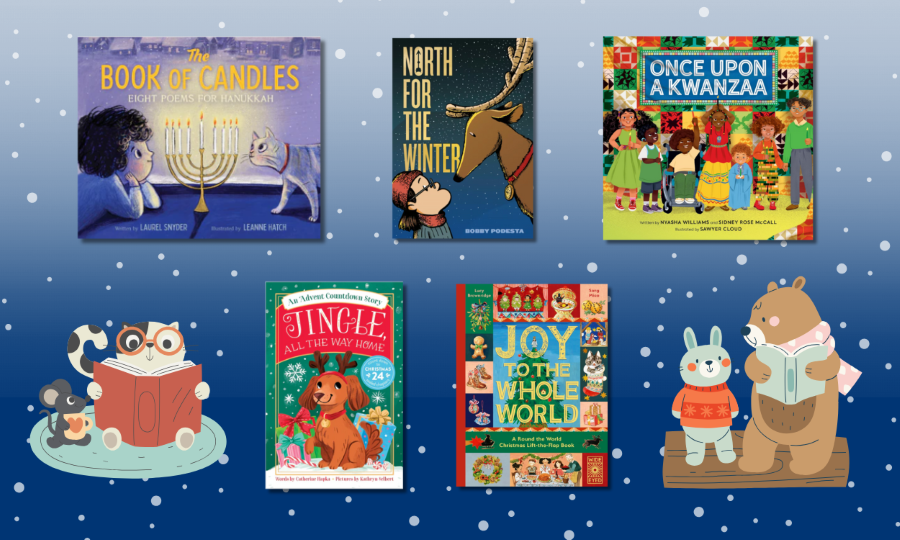Every year, I like to watch the final round of the Scripps National Spelling Bee because I am always amazed by each participant’s depth of word knowledge. My favorite final round is from 2019, which ended in an eight-way tie with the following words: auslaut, erysipelas, bougainvillea, aiguillette, pendeloque, palama, cernuous, and odylic. The broadcaster described this finale as a night of “orthographic orchestration.”
This year marks the 100th anniversary of the Scripps National Spelling Bee. In May, 243 young participants gathered and competed over three days, displaying their knowledge of words. This year’s winner: 13-year-old, Faizan Zakin from Allen, Texas. To win the competition, he spelled éclaircissement [ā-kler-sēs-(Ə-)’ mä] without hesitation. He did not need to ask for the information that is available, upon request, from contestants:
- alternative pronunciations,
- definition,
- part of speech,
- language of origin, and
- example sentences.
Spelling: More Than Memorization
My amazement most likely stems from the fact that I grew up believing that spelling was about memorizing a list of words for the Friday spelling test. Spelling was a homework assignment: writing assigned words ten times each, using them in a sentence, putting them in alphabetical order. It wasn’t an instructional context where I learned the complexities of the English language. I have heard many children and adults refer to themselves as “bad” spellers because they cannot remember how to spell words. The Scripps National Spelling Bee always reminds me that the spelling of English words takes a lot more than a good memory.
Why English Spelling Is So Complex
The English language reflects over a millennium of linguistic evolution. Many languages have shaped English, making it uniquely challenging. Gabe Henry notes in Enough is Enuf: Our Failed Attempts to Make English Eezier to Spell (2025) that:
“Learning to spell in English can be a harrowing experience. According to a study in the British Journal of Psychology, children take two to three times longer to grasp English spelling, compared to more phonetic orthographies like German or Spanish.” (p. xii)
This complexity may explain why spelling bees are popular in English-speaking countries. The history of Great Britian features many invasions, and those invaders brought different languages with them. Thus, Gaelic, Latin, Greek, Norse, French, and German have all influenced the English language.
When spelling bee contestants ask about the language of origin, they access valuable information about how different languages influence the spelling of words. For example, French-origin words typically use ch to represent the /sh/ sound: chef, chalet, champagne, machine, and parachute. In contrast, Greek-origin words use ch to represent the /k/ sound: school, chaos, technique, architect, and chlorophyl.
As teachers, we can help students understand how words work. We can introduce information that supports effective spelling, and we can encourage a genuine interest in words.
Six Essential Resources for Spelling Instruction
The International Literacy Association released a brief titled Teaching and Assessing Spelling in 2019. The authors share six linguistic resources (pp. 4-8). These six resources provide valuable knowledge and when combined they lead to powerful word solving abilities:
- Phonological Knowledge: Students recognize and hear the sounds that make up the language and understand how these sounds work together. For example, they can identify rhymes, word boundaries, syllables, onsets & rimes, and phonemes.
- Morphological Knowledge: Students understanding how morphemes – meaningful parts of words – combine to form words. For example, they distinguish and use root words, base words, prefixes, and suffixes.
- Orthographic Knowledge: Students understand how spoken language is represented in written form. They notice and use letter patterns, spelling patterns, and letter-sound relationships.
- Etymological Knowledge: Students examine the origin of words and the ways meanings change over time. For example, they learn that aqua is the Latin word for water and see how English words use it as a prefix: aquatic, aquarium, and aquamarine.
- Visual Knowledge: Students recognize and remember words by seeing and using them repeatedly as readers and writers, storing them in memory.
- Semantic Knowledge: Students understand the meanings of words. They know that reading and writing are both meaning-making processes.
Spelling bee contestants use these six sources of information effectively and efficiently. Faizan Zakin most likely drew on etymology (French origin), morphology (éclaircir: to clear up), and semantics (a clarification, explanation, or enlightenment) to spell éclaircissement. When we view spelling instruction as time to build and enhance word knowledge, we provide children with the opportunity for their own éclaircissement – spelling is about using everything you know about how words work.
Invitation to Educators
Let’s move beyond memorization and help students become lifelong word solvers. Join me on October 23, 2025 for Spelling: So Much More Than Memorization where we will spend a day thinking, talking, and exploring practical ways to enhance spelling instruction.
References
Henry, G. (2025). Enough is enuf: Our failed attempts to make English eezier to spell. Dey Street Books.
International Literacy Association (2019). Literacy Leadership Brief: Teaching and Assessing Spelling. International Literacy Association. https://www.literacyworldwide.org/docs/default-source/where-we-stand/ila-teaching-and-assessing-spelling.pdf







